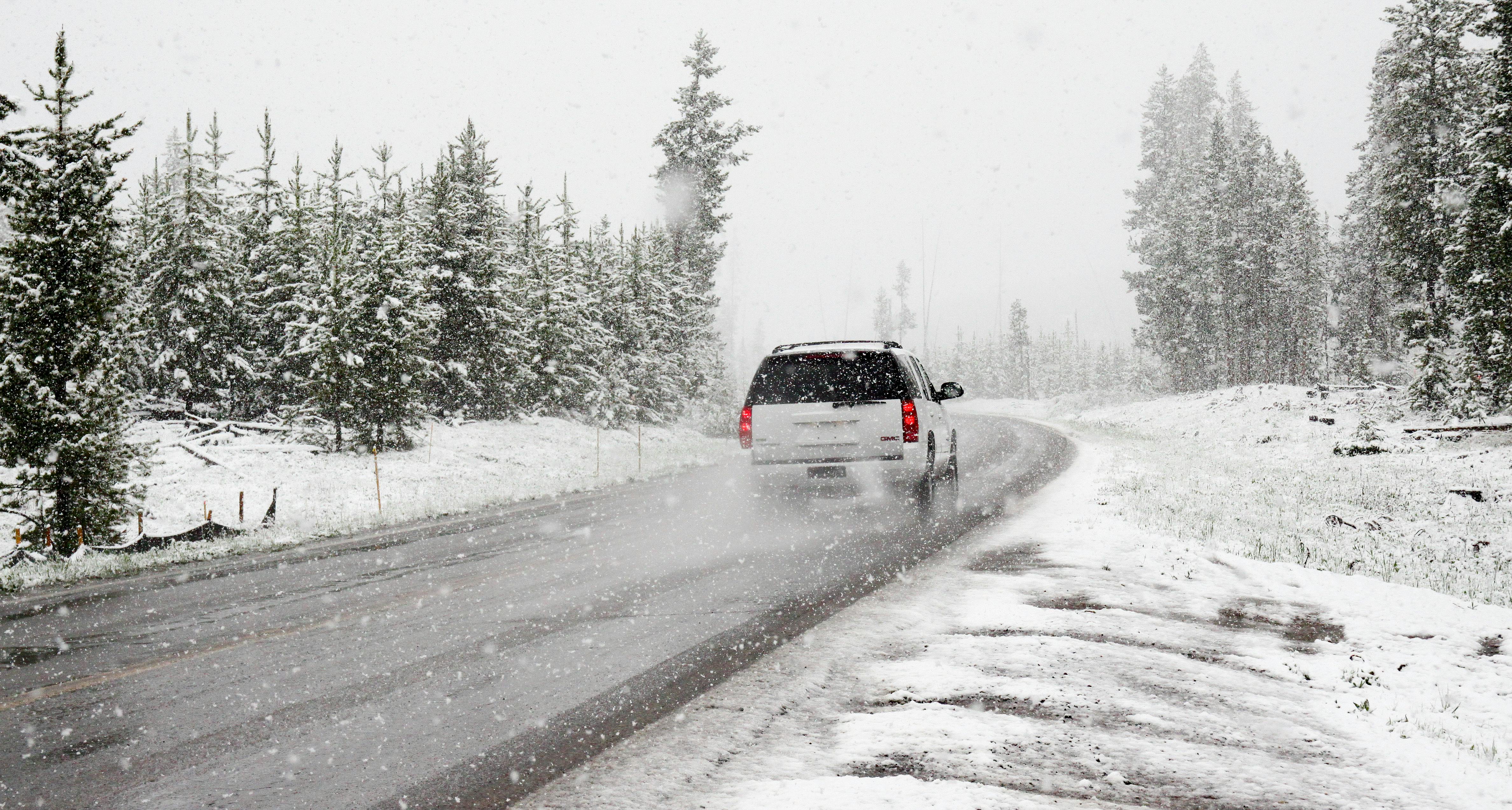 There are numerous challenges that drivers face whenever they hit the road during the winter months. When driving in winter, they have to deal with snow, ice, rain, as well as potholes, which increase the risk of collision and can cause substantial damage to vehicles. When it comes to damage caused by winter hazards, there is a lot of confusion among drivers as to what types of damage are covered by their insurance.
There are numerous challenges that drivers face whenever they hit the road during the winter months. When driving in winter, they have to deal with snow, ice, rain, as well as potholes, which increase the risk of collision and can cause substantial damage to vehicles. When it comes to damage caused by winter hazards, there is a lot of confusion among drivers as to what types of damage are covered by their insurance.
Since winter driving hazards are quite different and usually more serious than those typical of other seasons, auto insurance coverage applies differently to claims over winter-related disasters. Drivers should be aware that there are all kinds of winter driving hazards, and not all of them are covered by their car insurance policies.
Pothole Damage
One of the most common hazards associated with winter driving is pothole damage. Damage from potholes is covered by collision insurance, which is usually optional and also covers damages from collisions with other cars. Usually, collision coverage includes deductibles of anywhere between $300 and $1,000.
Collisions on a Slippery Road
Furthermore, comprehensive coverage protects drivers in case they hit a car after sliding through an intersection on a slippery or ice-covered road. Even though poor road conditions and inclement weather were the main reasons why the driver got involved in the accident in this type of situation, their insurance company will still try to hold them responsible and will claim that they should have taken all the precautions to avoid the accident, regardless of the weather. However, the insurance provider will probably take the circumstances into account, but their insurance premiums will probably be increased.
Don’t Leave Your Car Running
Leaving a car running in the driveway to warm up is something that a lot of drivers do in winter. These are the types of mistakes that make it easier for car thieves to operate and steal vehicles. Car owners who don’t have comprehensive insurance are not covered in this case, and those who have opted to pass on it, will not receive any compensation for their loss from their insurance provider.
Another common claim associated with winter driving has to do with failure to start. In this case, the driver is not covered by motor insurance. If the car doesn’t start due to low temperatures, and the driver leaves it unattended in order to seek help, and it gets stolen in the meantime, their insurer won’t cover them because it will consider them to have been negligent.
Basically, insurance companies always try to determine whether a driver has been negligent and whether there was something that they could do to avoid an accident. For instance, if they skid into another car while driving on an icy road, their insurance provider might deem them to have been negligent and that they should not have been driving in such conditions in the first place.